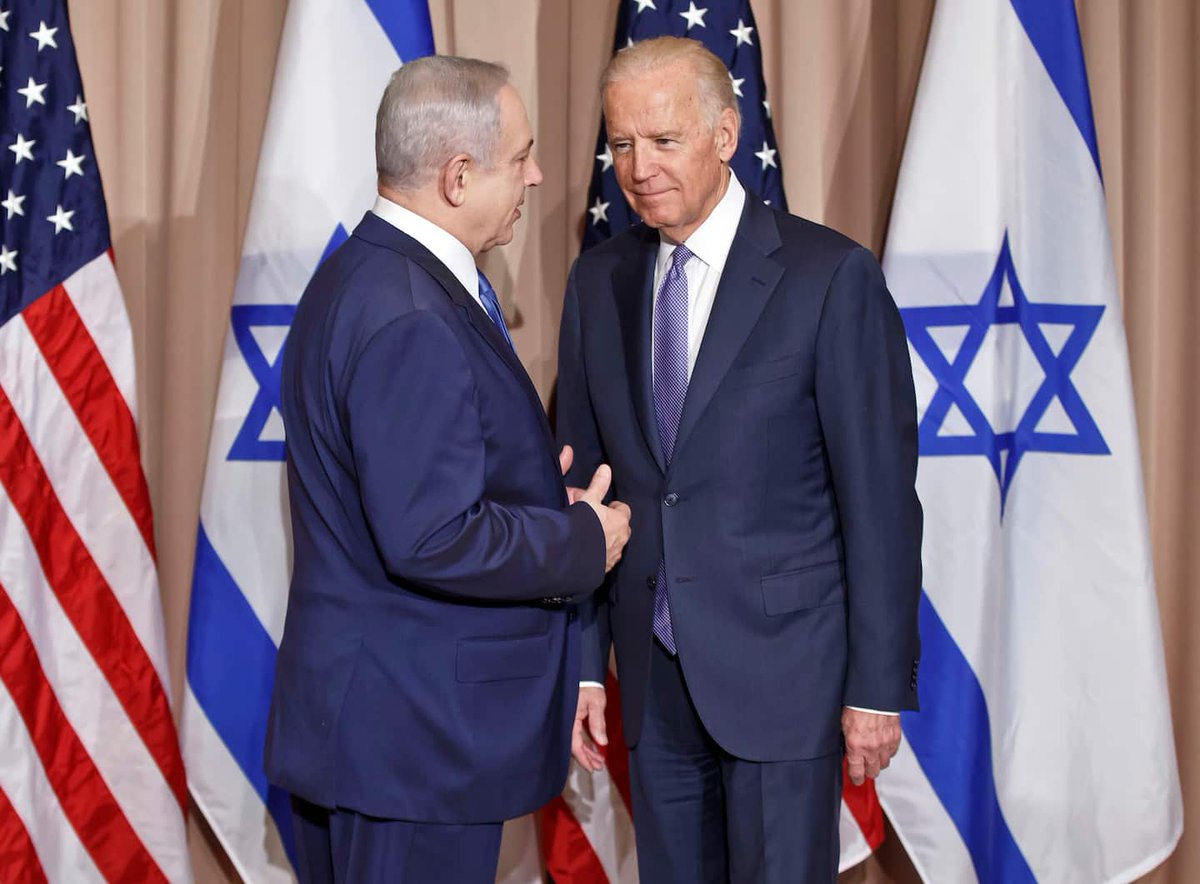Mahmoud Abbas, also known by his kunya, Abu Mazen, is a prominent Palestinian political figure who has played a crucial role in the Palestinian national movement and diplomacy. He is best known for his position as the President of the State of Palestine and his association with the Fatah political party.
The kunya “Abu Mazen” is a traditional Arabic naming convention, where “Abu” means “father of,” and “Mazen” is typically a reference to the name of one of his sons or a respected individual.
Early Life and Background: Born on November 15, 1935, in Safed, which was then part of British-administered Palestine, Mahmoud Abbas witnessed the tumultuous history of the region firsthand. His family was one of the many that were displaced during the 1948 Arab-Israeli War, often referred to as the Nakba or “catastrophe” by Palestinians. The Nakba resulted in the forced migration of hundreds of thousands of Palestinians, and the Abbas family found refuge in Syria.
Abbas pursued his education in Damascus and later moved to Cairo to study law at the University of Cairo. After completing his studies, he earned a Ph.D. in history from the Oriental College in Moscow. He wrote his dissertation on Zionist history and later translated several works into Arabic, including notable writings by Jewish historian Arthur Koestler.
The PLO and Early Political Involvement: Abbas became politically active during his time in Qatar, where he helped establish the Palestinian Students’ Union. In the early 1960s, he joined the Fatah movement, a Palestinian nationalist group led by Yasser Arafat. Fatah became one of the central organizations under the umbrella of the Palestine Liberation Organization (PLO), an entity aimed at achieving Palestinian self-determination.
Abbas served in various roles within the PLO, including working on the PLO’s Palestinian National Charter, which was adopted in 1968. This period marked the beginning of his involvement in Palestinian politics.
Role in Oslo Accords: One of the most significant turning points in Abbas’s political career came with the Oslo Accords. These agreements were a series of negotiations between Israel and the PLO, culminating in the signing of the Oslo I Accord in 1993 and the Oslo II Accord in 1995. Mahmoud Abbas played an integral role in these negotiations and signed the accords on behalf of the PLO.
The Oslo Accords aimed at establishing a framework for peace and Palestinian self-governance, with the goal of eventually creating a Palestinian state. While the accords created the Palestinian Authority (PA) and granted it limited self-rule in parts of the West Bank and Gaza Strip, the overall peace process remained deeply contentious and unresolved.
Presidency and Statehood Efforts: After the death of Yasser Arafat in 2004, Mahmoud Abbas succeeded him as Chairman of the PLO’s Executive Committee and President of the Palestinian Authority. In 2005, he was elected as the President of the Palestinian National Authority.
During his presidency, Abbas has been a prominent advocate for Palestinian statehood and has actively engaged in international diplomacy efforts to garner support for Palestinian recognition. He made a historic speech at the United Nations in 2012, appealing for non-member observer state status for Palestine, which was subsequently granted.
Abbas’s leadership and approach have, at times, faced criticism from various quarters within Palestinian politics and society. His administration’s ability to navigate complex internal and external political challenges while pursuing Palestinian statehood has been both praised and scrutinized.
Complex Relationship with Hamas: Abbas’s relationship with Hamas, a Palestinian political and military organization, has been characterized by periods of tension and conflict. Fatah and Hamas have different ideological and political orientations, with Hamas often taking a more confrontational stance towards Israel.
The tensions between the two factions culminated in a violent split in 2007 when Hamas took control of the Gaza Strip, leaving the West Bank under Abbas’s administration. Efforts to reconcile Fatah and Hamas have faced significant challenges and have not resulted in a lasting resolution.
Personal Life: Mahmoud Abbas is married to Amina Abbas, and they have three sons: Yasser, Tareq, and Mazen.


